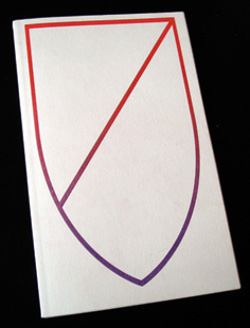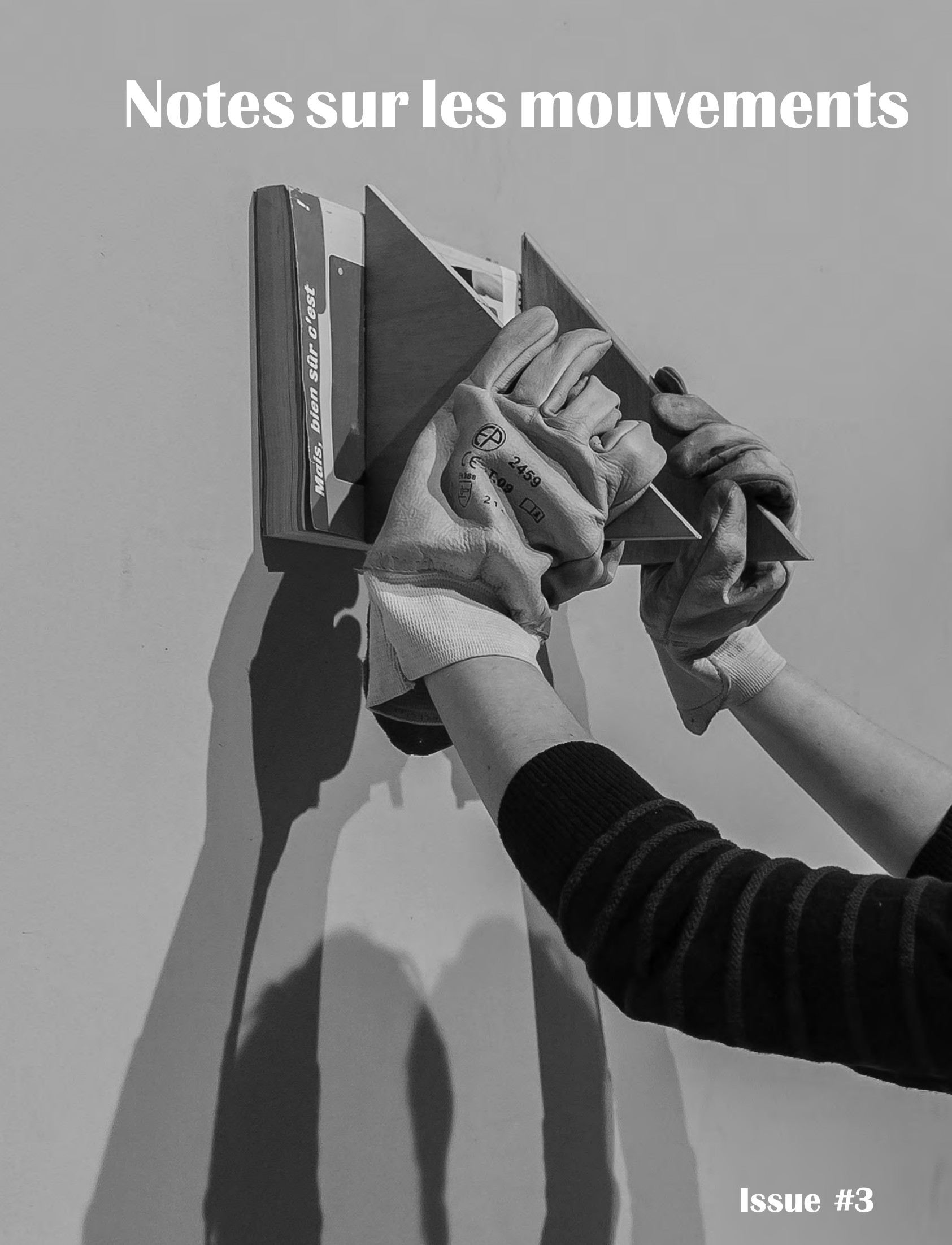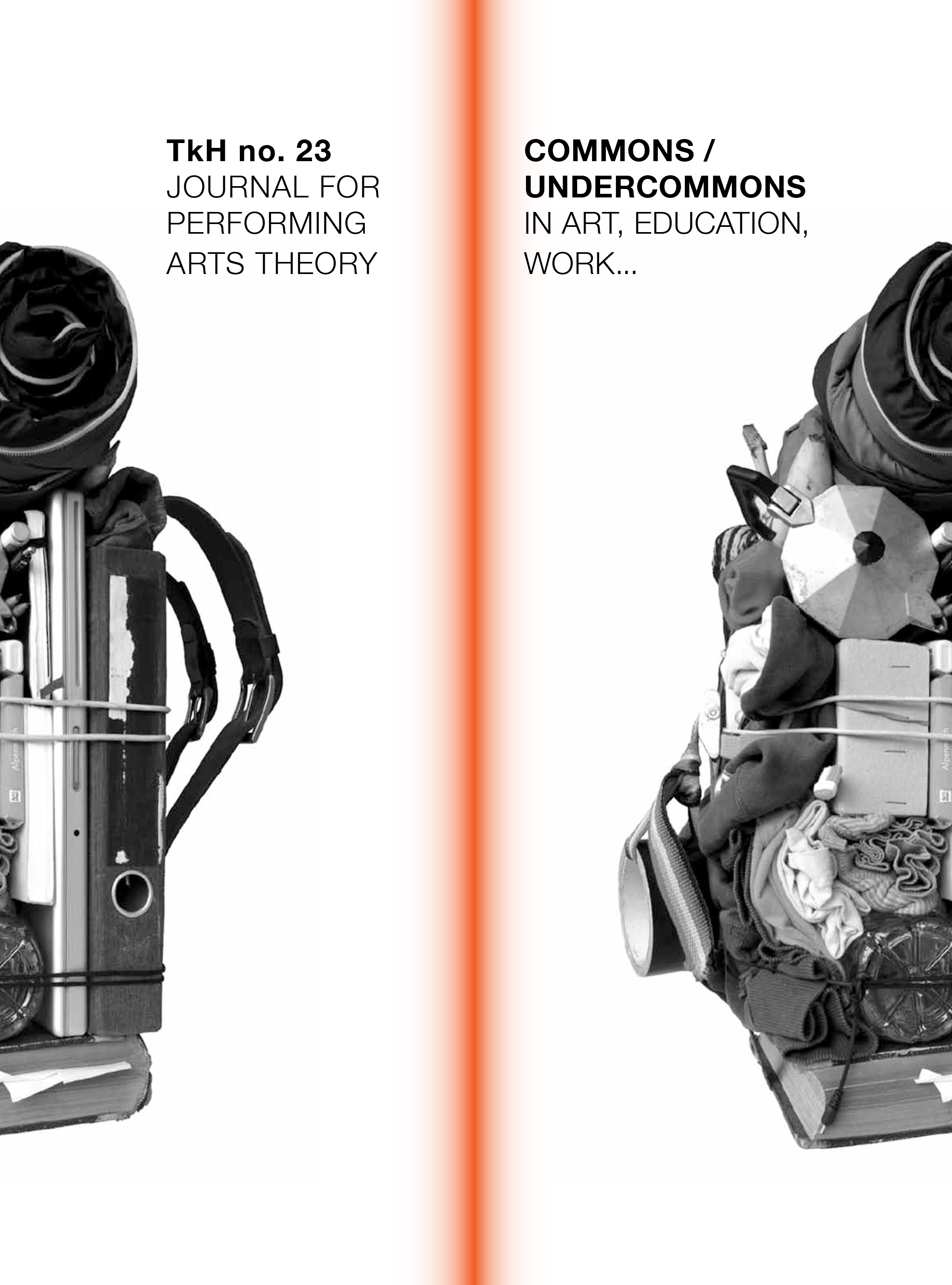Notes for an Art School (2006)
Filed under book | Tags: · art, art education, critical pedagogy, education, pedagogy

“Notes for an Art School is an anthology of essays and interviews by international artists, curators, theorists and educators on the topic of art education. Contributors are Mai Abu ElDahab, Babak Afrassiabi, Julie Ault, Martin Beck, Liam Gillick, Boris Groys, Olaf Metzel, Haris Pellapaisiotis, Tobias Rehberger, Walid Sadek, Nasrin Tabatabai, Jan Verwoert, Anton Vidokle and Florian Waldvogel.
The contributors to the book rethink the goals and structure of an art school, its ideological contexts, the positioning of its students to the art world, its relationship to social and political conditions, and the level of its discursive involvement, drawing on specific examples and on their own experiences to interrogate the appropriateness and validity of existing school models.
In their collaborative essay, Julie Ault and Martin Beck speak about the democratization of academies as a means of generating active social engagement. Boris Groys conjectures that ‘the goal of education is to make the students able to read an apology as a critique’, Liam Gillick addresses ‘the rift between the theoretical components of an art school environment and other practical working aspects of the same place’, and Jan Verwoert tackles the academy as a site of production from the viewpoint of both its defender and critic. Olaf Metzel looks at some possibilities of reaction outside of institutional frameworks, Walid Sadek argues that by positioning itself as an institution in constant flux, the art academy can become a safe haven supporting the proliferation of multiple significations, and Babak Afrassiabi and Nasrin Tabatabai, dissecting the example of Abbas Kiarostami’s film First Case, Second Case, call for knowledge production based on an understanding of the changing nature of discourse. Haris Pellapaisiotis writes about Artalk, a lecture series he organises in Nicosia in absence of alternative institutional frameworks for critical cultural dialogue, while Tobias Rehberger discusses his teaching method as a process of destroying the clichés and preconceived notions that students bring with them into art school, and also provides some personal insight into his own education.”
Edited by Mai Abu ElDahab, Anton Vidokle and Florian Waldvogel
Publisher Manifesta 6 School Books, Nicosia, 2006
[92] pages
Publisher (archived)
Publisher
Notes sur les mouvements (2013-2014) [French/English]
Filed under artist publishing, magazine | Tags: · body, choreography, dance, education, labour, movement, performance

A free publication edited by Romana Schmalisch during her residency at Les Laboratoires d’Aubervilliers.
“The first issue analyses the conjunction of dance with Labour Movements of the 1930s (New Dance Group) as well as its use in the industry to enhance efficiency (Laban/Lawrence); it looks at the vague image that we have from various professions, researches the value of the performance of a work and its equivalence in the wage, and considers different forms of abstractions (notations and graphics) and training methods.”
“The second issue focuses on the question of education. In an interview, sociologist Anne Querrien discusses social norms and the school system. In her text, the London-based writer Marina Vishmidt revisits an earlier essay which considered the relationship between contemporary dance and the de-materialization of labour. What changes about this relationship as all employment becomes more and more of a brutal hypothesis in our post-crisis conditions?”
“The last, third, issue deals with what is at stake when one learns a job, with relationships between teachers and students, with various methods of education, and with the way these systems reflect certain social norms.”
Edited by Romana Schmalisch
Publisher Les Laboratoires d’Aubervilliers, Aubervilliers, 2013-2014
Open access
24 pages per issue
Issue 1 (September 2013)
Issue 2 (March 2014)
Issue 3 (September 2014)
TkH, 23: The Commons / Undercommons in Art, Education, Work … (2016)
Filed under book, journal | Tags: · art, commons, curating, education, knowledge, politics, subjectivation, undercommons, university, work

“The fifteen pieces in this issue are the result of a somewhat peculiar endeavor. Between May 29 and June 1, 2014, we held a conference at Frankfurt Lab under the title of The Public Commons and the Undercommons of Art, Education, and Labour. Its title reflected our concerns about diagnosing the current predicament of higher education in the arts and humanities, artistic production, and cultural work. To summarize briefly, two turns have lately merged that characterize the transformation of work, knowledge, and subjectivation processes across the arts field and the Academy: the educational and the curatorial turn. While the educational turn has yielded a new academic (professional) valorization of artistic praxis (in the so-called creative or practice-based PhDs), coupled with a proliferation of degrees and a prolongation of financialized, debt-stricken study (also as a temporary deferral or relief from the market and its projective temporality), the curatorial turn has corresponded to a neoliberal style of managing both art and education, reducing time and attention, critical and transformative (poetic) engagements with one’s own art and study.” (from the Introduction)
With contributions by Harutyun Alpetyan, Gigi Argiropoulou, Stefano Harney, Gal Kirn, Boyan Manchev, Randy Martin, Fred Moten, Isabel de Naverán, Norbert Pape, Nina Power, Goran Sergej Pristaš, Jason Read, Jan Ritsema, Ana Vujanović, and Josefine Wikström.
Edited by Bojana Cvejić, Bojana Kunst, and Stefan Hölscher
Publisher TkH (Walking Theory), Belgrade, and Institute for Applied Theatre Science, Justus Liebig University, Giessen, April 2016
Creative Commons BY-NC-SA 3.0 Serbia License
ISSN 1451-0707
72 pages

